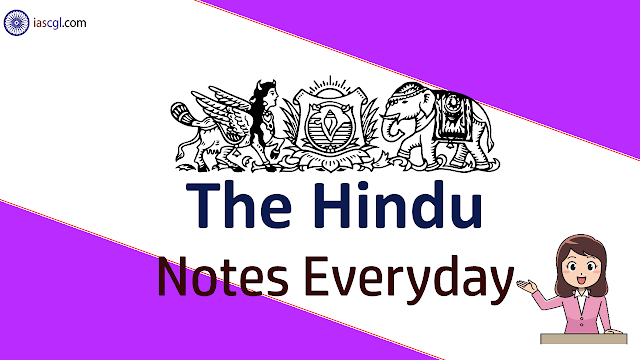Read The Hindu Notes of 6th February 2019 for UPSC Civil Service Examination, State Civil Service Examination and other competitive Examination

- Cracks in the framework
- A series of unfortunate missteps
- Unedifying episode
- Timely review
- ‘The 2019 election is going to be all about alliances’
- Risks to global growth
Cracks in the framework
With the systematic weakening of institutions, the government risks pushing all resistance to the streets
Necessary checks
Rules, not whims
Upending the balance
A series of unfortunate missteps
Fixing the federal fallout of the Kerala flood relief funding row requires care
Diplomatic trajectory
The UAE’s offer

0Comments